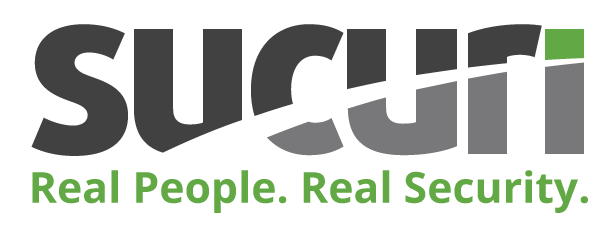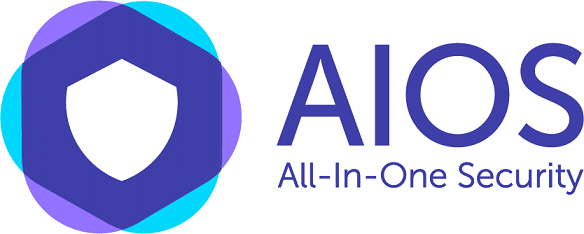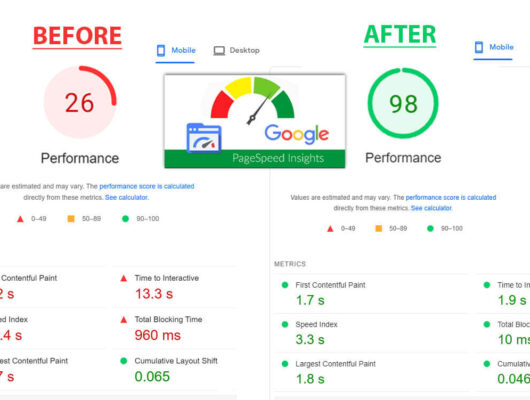WordPress is a popular platform for creating websites, but it’s not immune to hacking attacks. Hacks can range from simple spam injections to complex malware infections, causing a compromise to your website. In this blog post, we’ll explore the different types of WordPress hacks and offer tips for recovering your website.
Spam Injection Hacks – The Most Common Type of WordPress Hacks
Spam injection hacks are a common issue for many WordPress websites. They involve the injection of spammy links or content into your site, which can harm your website’s reputation and lead to penalties from search engines. To recover from this type of hack, remove the malicious code from your website, change your passwords, and consider using a security plugin to prevent future attacks.
Malware Injection Hacks – A More Serious Threat to Your Website
Malware injection hacks are a more severe type of hacking, as they can infect your website with malicious software that can steal sensitive information or harm your visitors. To recover from this type of hack, clean your website of any malware, change your passwords, update all plugins and themes to the latest version, and implement additional security measures to prevent future attacks.
Brute Force Attacks – Prevent Unauthorized Access to Your Website
Brute force attacks are a type of hacking that involves guessing login credentials repeatedly until the attacker successfully gains access to your website. To recover from this type of hack, change your passwords, install a security plugin, limit login attempts, and consider using two-factor authentication to prevent future attacks.
SQL Injection Hacks – Targeting Your Website’s Database
SQL injection hacks target the database of your website, allowing the attacker to steal sensitive information, modify or delete data, or even take control of your website. To recover from this type of hack, clean your database of any malicious code, change your passwords, update your website to the latest version, and implement additional security measures to prevent future attacks.
Cross-Site Scripting (XSS) Hacks – Stealing Sensitive Information from Your Visitors
Cross-site scripting (XSS) hacks involve the injection of malicious scripts into your website that can steal sensitive information from your visitors. To recover from this type of hack, remove the malicious code from your website, update all plugins and themes to the latest version, change your passwords, and implement additional security measures to prevent future attacks.
In conclusion, hacking attacks are a real threat to WordPress websites. It’s important to be proactive about securing your website, but if you do find yourself in a situation where your website has been hacked, there’s no need to panic. By following the steps outlined in this blog post, you can recover your website and minimize the damage caused by a hacking attack. If you’re not confident in handling a hacked website on your own, consider reaching out to a professional for help. By taking these steps, you can protect your WordPress website from different types of hacks and ensure that your website remains secure.
Top 3 Essential Plugins for Protecting Your Compromised WordPress Website:
Recovering a hacked WordPress website can be a difficult and time-consuming process, but it’s important to do so in order to maintain the security and integrity of your site. One way to recover a hacked WordPress website is by using WordPress plugins. There are several plugins available that can help detect and remove malicious code, as well as strengthen your site’s security.
Wordfence:

This is a comprehensive security plugin that offers real-time firewall protection, malware scanning, and website monitoring to keep your site secure from hacking attacks.
Sucuri:

This plugin offers a suite of security features including website firewall, malware removal, and site monitoring to help you recover and secure a hacked WordPress website.
All-In-One Security (AIOS) – Security and Firewall:

This plugin provides a range of security features, including a firewall, login security, and password strength checks to help you secure your WordPress website from hacking attacks.





